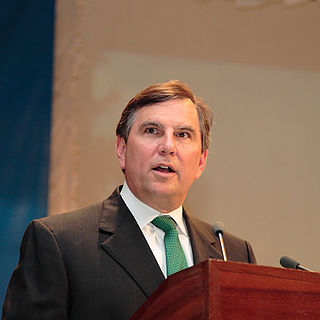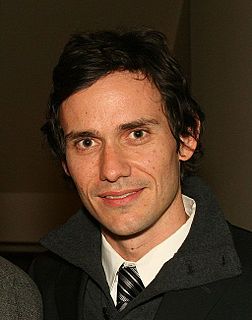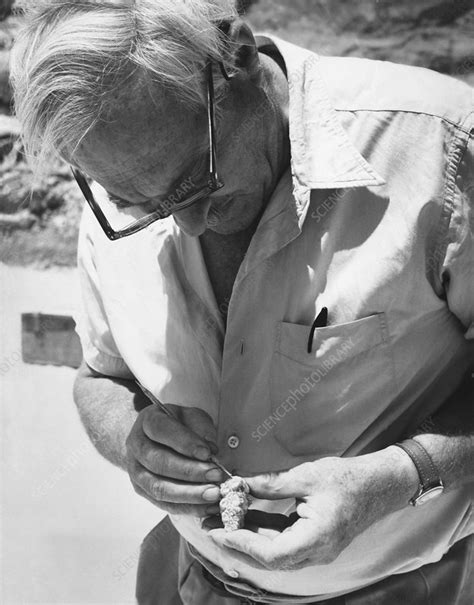A Quote by David Farr
'Hamlet' is so modern; 'Coriolanus' is utterly alien to our consciousness, and that makes it difficult for us.
Related Quotes
The modern world has created airports and hospitals and put 10,000 songs in our pocket. It has built gleaming buildings and computers and advances and innovations that blow our minds. But we have soul, and spirit, and consciousness, and the modern world hasn't done so well at helping us name and understand what it means to be thriving and fully alive with a full heart.
Although our moral conscience is a part of our consciousness, we do not feel ourselves on an equality with it. In this voice which makes itself heard only to give us orders and establish prohibitions, we cannot recognize our own voices; the very tone in which it speaks to us warns us that it expresses something within us that is not of ourselves.
I believe consciousness is non-local and a big part of what we experience with near death and past lives. It's the consciousness that has come into us from other experiences and our consciousness that we remain aware of when we leave our bodies and they communicate with us through dreams, and even through drawings which I do a lot of work with myself.
As long as we insist on relating to it strictly on our own terms-as strange to us or subject to us-the wilderness is alien, threatening, fearful. We have no choice then but to become its exploiters, and to lose, by consequence, our place in it. It is only when, by humility, openness, generosity, courage, we make ourselves able to relate to it on its terms that it ceases to be alien.
Cannot swords be turned to plowshares? Can we and all nations not live in peace? In our obsession with antagonisms of the moment, we often forget how much unites all the members of humanity. Perhaps we need some outside, universal threat to make us recognize this common bond. I occasionally think how quickly our differences worldwide would vanish if we were facing an alien threat from outside this world. And yet, I ask you, is not an alien force already among us? What could be more alien to the universal aspirations of our peoples than war and the threat of war?
While a modicum of consciousness may have had survivalist properties during an immemorial chapter of our evolution – so one theory goes – this faculty soon enough became a seditious agent working against us … we need to hamper our consciousness for all we are worth or it will impose upon us a too clear vision of what we do not want to see … Consciousness has forced us into the paradoxical position of striving to be unself-conscious of what we are – hunks of spoiling flesh on disintegrating bones
We become lovers when we see Romeo and Juliet, and Hamlet makes us students. The blood of Duncan is upon our hands, with Timon werage against the world, and when Lear wanders out upon the heath the terror of madness touches us. Ours is the white sinlessness of Desdemona, and ours, also, the sin of Iago.



































